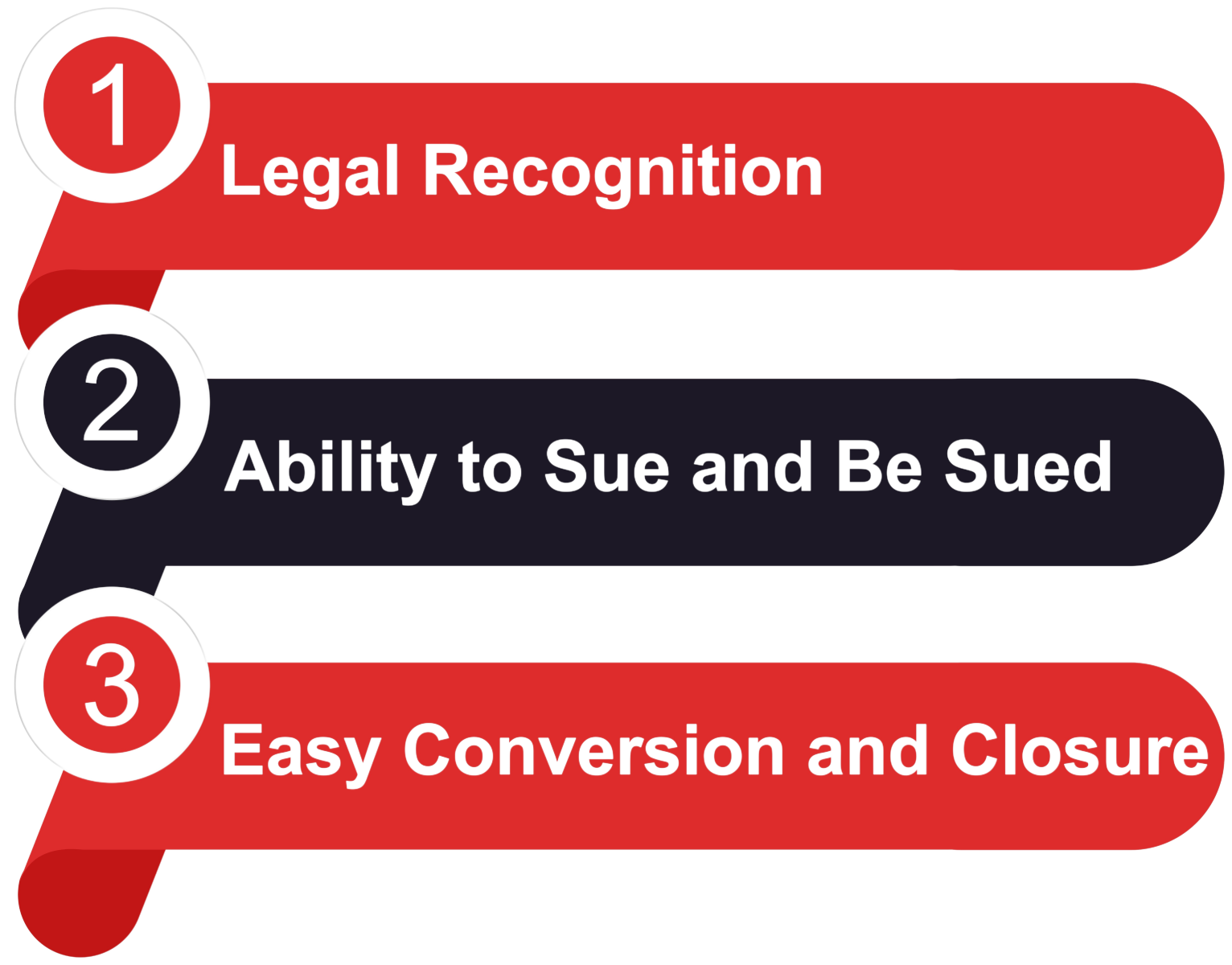What is a Partnership Deed?
A partnership deed is a legal document that outlines the rights, responsibilities, and profit-sharing ratios of the partners involved. It serves as a guiding framework for the firm's operations and helps in preventing disputes among partners. Key elements typically included in a partnership deed are:
- Firm and Partners' Details: Names and addresses of the firm and all partners.
- Profit and Loss Sharing Ratio: Specifies how profits and losses will be distributed among partners.
- Nature and Duration of Business: Describes the type of business and its intended duration.
- Partners' Roles and Responsibilities: Outlines each partner's duties, including salary, commission, and interest on capital.
- Capital Contributions: Details the amount of capital each partner will contribute.
- Provisions for Admission or Retirement of Partners: Procedures for adding new partners or handling the exit of existing ones.
Benefits of Registering a Partnership Firm
- Legal Recognition: A registered partnership firm is recognized by law, enhancing its credibility and trustworthiness among clients and financial institutions.
- Ability to Sue and Be Sued: Registration grants the firm the legal capacity to enforce its rights in court, which is not available to unregistered firms.
- Easy Conversion and Closure: Registered firms can be easily converted into other business structures or dissolved, providing flexibility as the business evolves.
Procedure for Partnership Firm Registration
- Preparation of Partnership Deed: Draft a comprehensive partnership deed agreed upon and signed by all partners.
- Application for PAN: Apply for a Permanent Account Number (PAN) for the partnership firm from the Income Tax Department.
- Filing with Registrar of Firms: Submit the partnership deed along with Form 1 and the prescribed fees to the Registrar of Firms in the state where the firm is located.
- Obtain Certificate of Registration: Upon verification, the Registrar will issue a Certificate of Registration, officially recognizing the partnership firm.
Minimum Requirements for Registration
- Number of Partners: A minimum of two partners is required.
- Citizenship: Partners must be Indian citizens.
- Business Address Proof: Valid address proof of the business premises.
Documents Required for Registration
- Identity Proof: PAN and Aadhaar cards of all partners.
- Address Proof of Business: Utility bills or rental agreement of the business location.
- Partnership Deed: Signed and notarized partnership deed.
Documents Issued Post Registration
- PAN Card of the Firm
- Certificate of Registration
- GST Registration Certificate (if applicable)
Partnership Firm Registration Fees
The cost of registering a partnership firm in India varies depending on professional fees and state-specific stamp duties. On average, the total cost is approximately ₹11,999, which includes government fees and professional charges.
Frequently Asked Questions (FAQs)
- How long does it take to register a partnership firm?
- The registration process typically takes 10-14 working days, subject to document verification by the concerned authorities.
- Is it mandatory to register a partnership firm?
- No, registration is not mandatory but is highly recommended due to the legal benefits it offers.
- Can a partnership firm be converted into another business structure?
- Yes, a registered partnership firm can be converted into a Limited Liability Partnership (LLP) or a Private Limited Company, subject to compliance with legal procedures.
- What are the consequences of not registering a partnership firm?
- Unregistered firms cannot enforce their rights in court, and partners may face difficulties in resolving disputes or claiming legal remedies.
Registering a partnership firm provides a solid legal foundation, enhances credibility, and offers flexibility for future business growth. It is advisable to consult with legal professionals or service providers specializing in business registrations to ensure a smooth and compliant registration process.
For more detailed information and assistance with partnership firm registration, you can visit Professional Utilities' official website

